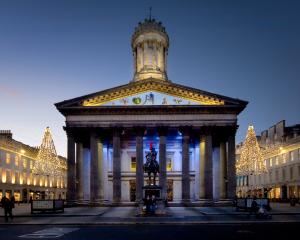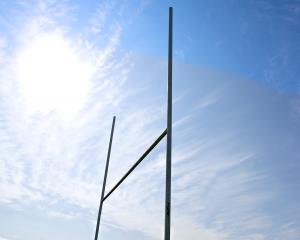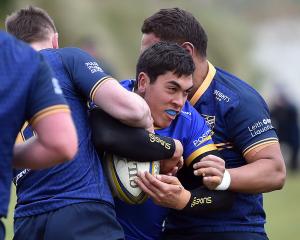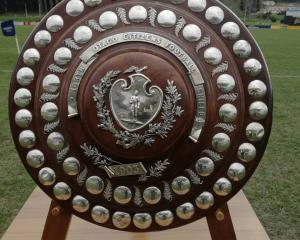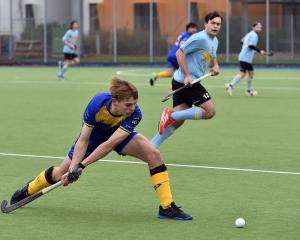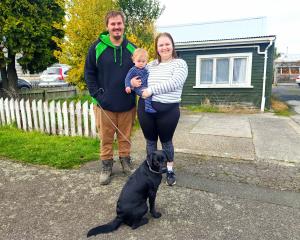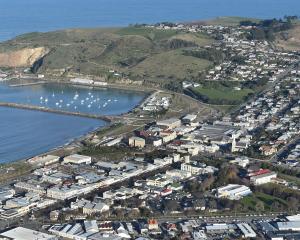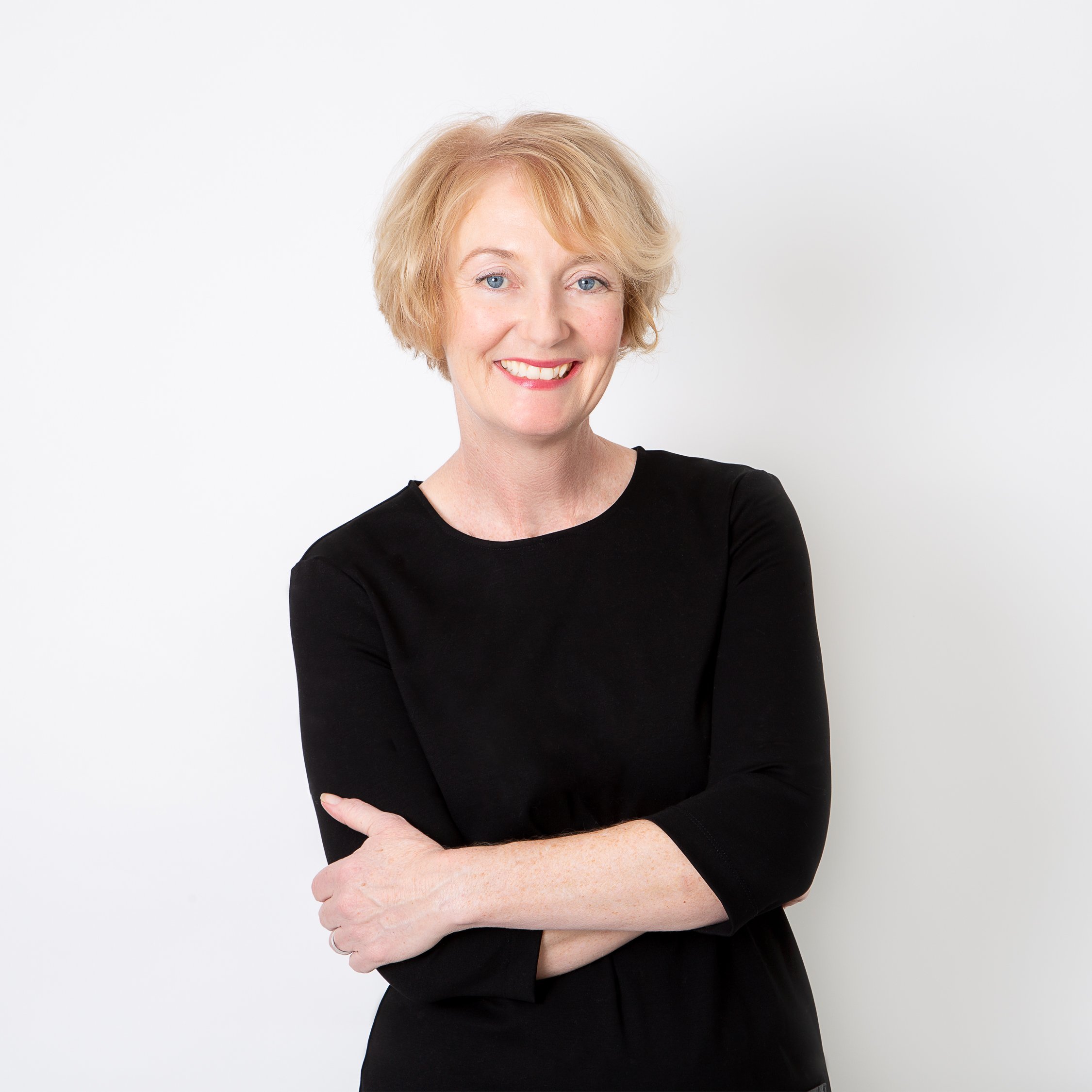
As a small child, Andrea Hotere was left reading a book in the Museo Del Prado while her parents investigated the Madrid museum.
Her parents, poet Cilla McQueen and artist Ralph Hotere, were in Spain on an arts sabbatical and when Hotere got sick of trailing around after them she was left in a room to read where Diego Velazquez’s Las Meninas (Ladies in Waiting) — one of the most written-about paintings of all time — hung.
"It got into my consciousness. There is something about it."
Decades later she returned to the painting as a subject for her first novel, The Vanishing Point.
She grew up in Port Chalmers, Dunedin, with a lot of artists and writers "floating around" her home.
"That was normal for me. I was very lucky ... it was quite a rich environment in that regard."
Her interest in history developed at Logan Park High School thanks to some good teachers.
"I took myself off to the university library in the sixth form to work on my school projects and got a kick out of it."
That led to studying history at the University of Otago. Enjoying interviewing as part of oral history projects led her to study journalism.
"I always thought I might do something like writing a novel early on, but I think I felt I needed life experience before I ventured down that path."
In her 30s, when her children were young, she attempted a historical biography.

About that time, she was at home folding laundry and tuned in to an interview on Radio New Zealand. It took a few minutes before she realised the painting they were talking about sounded familiar, although she was not sure why.
"Then I had a look at it and I remembered I had seen it and was quite intrigued when I was younger about the young girl in the painting and I wondered what had happened to her."
Curious, she began researching the painting to find out more.
"While here is a huge amount of material written about the painting, enormous amounts, I couldn’t find that much about her and I thought that was interesting. She seemed like a young woman lost in a historical story."
So she began to dig deeper, especially into the girl, the Infanta Margaret Theresa, daughter of King Philip IV of Spain.
"It wasn’t that she was ignored. She became an empress in Austria and celebrated over the years but I didn’t find a biography of her. The things were quite slight that were written about her."
The more Hotere looked at the painting, the more intrigued she became with the relationship between the people in the painting and the way it is constructed.
"The way they look out at us to you as the viewer. So I guess the more I looked at it the more it intrigued me."
Hotere, who lives in Auckland, began a creative writing course with the idea of creating a story around Margaret Theresa.
"Quite what it was going to be at that stage I didn’t really know. It was an adventure."
She was determined to produce a piece of creative work that was her own.
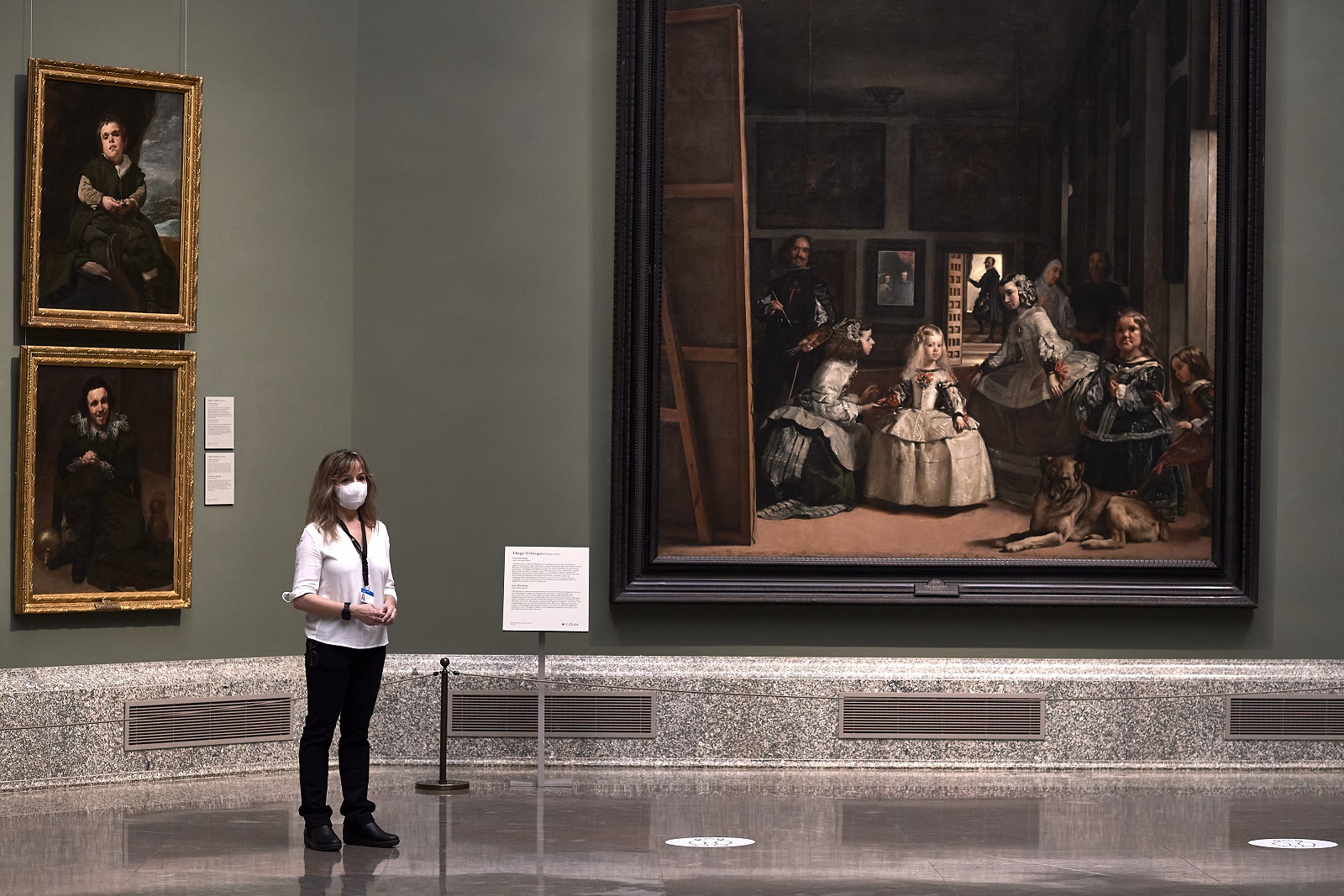
"In journalism the impulse is to explain and I found when I started there was far too much of that authorial exposition."
It has taken a long time for Hotere to get to the end of the work but she never lost the excitement or interest in the story.
"When you really launch yourself into the material, sometimes scenes come to you almost like dreams. It begins to take over every part of your life, including your sleep."
She worked on the novel when she could around her children’s school timetable and the pickups and dropoffs, but came to realise she needed a certain amount of discipline around when she worked.
Sometimes it was early morning writing sessions, at other times it was recording her thoughts on her phone in the car or periods of solid time at home where she could write full-time.
"There were times I put it aside for long periods of time. I put it in a drawer at one point. I certainly wasn’t working on it full time. I wasn’t able to work on it full time, so it’s had bursts of my fervent attention."
In hindsight, the first drafts of the manuscript did not have all the components necessary for what she had decided was going to be a "hidden mystery", which she found quite frustrating.
"Some of those final pieces came in within the last two drafts. Once I had that the final revision made, everything came together."
Given it was her first novel, Hotere found it hard to stop wanting to revise it.
"You want to keep improving it and see things you wish you’d done differently. It had to finish at a certain point."
Looking back, she especially enjoyed the process of creating the work as she loved doing research.
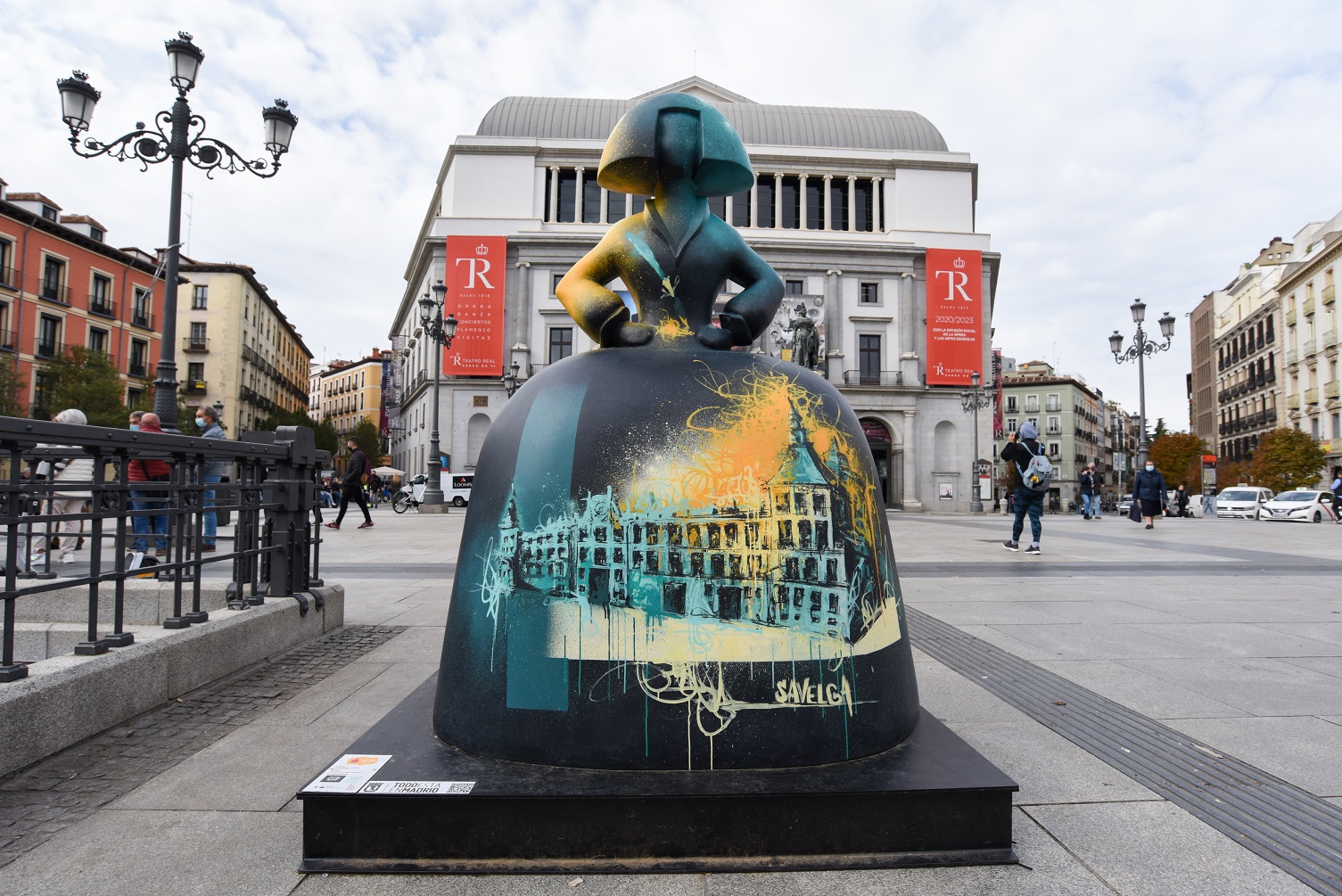
She has been conscious of not wanting to do exactly what her parents had done, which was one reason she ended up in journalism.
She had also worked in television and production.
"I didn’t write about art really for a long time. Dad’s thing was his thing and [I] was quietly doing my own thing, looking at art and having an interest in art."
It took a while before Hotere felt comfortable about re-entering the art world, but she did so with a collaborative project on 50 years of Frances Hodgkins Fellowship with Priscilla Bits in 2017.
"It was one of the first phases when I put aside the novel and worked solidly for 18 months.
"At the time, it was really refreshing as I needed a break from the novel."
Doing the book, which included her father, gave her the opportunity to re-enter the world of artists again as she visited them in their studios for interviews.
"The ways they work can be quite different [and that] was really interesting to me at that point.
"It’s a great survey of those artists going back 50 years."
She found in a "parallel" way it helped with the novel although she did not draw on anything specifically said.
"It was just more time in artists’ studios discussing thought processes that was really enriching.
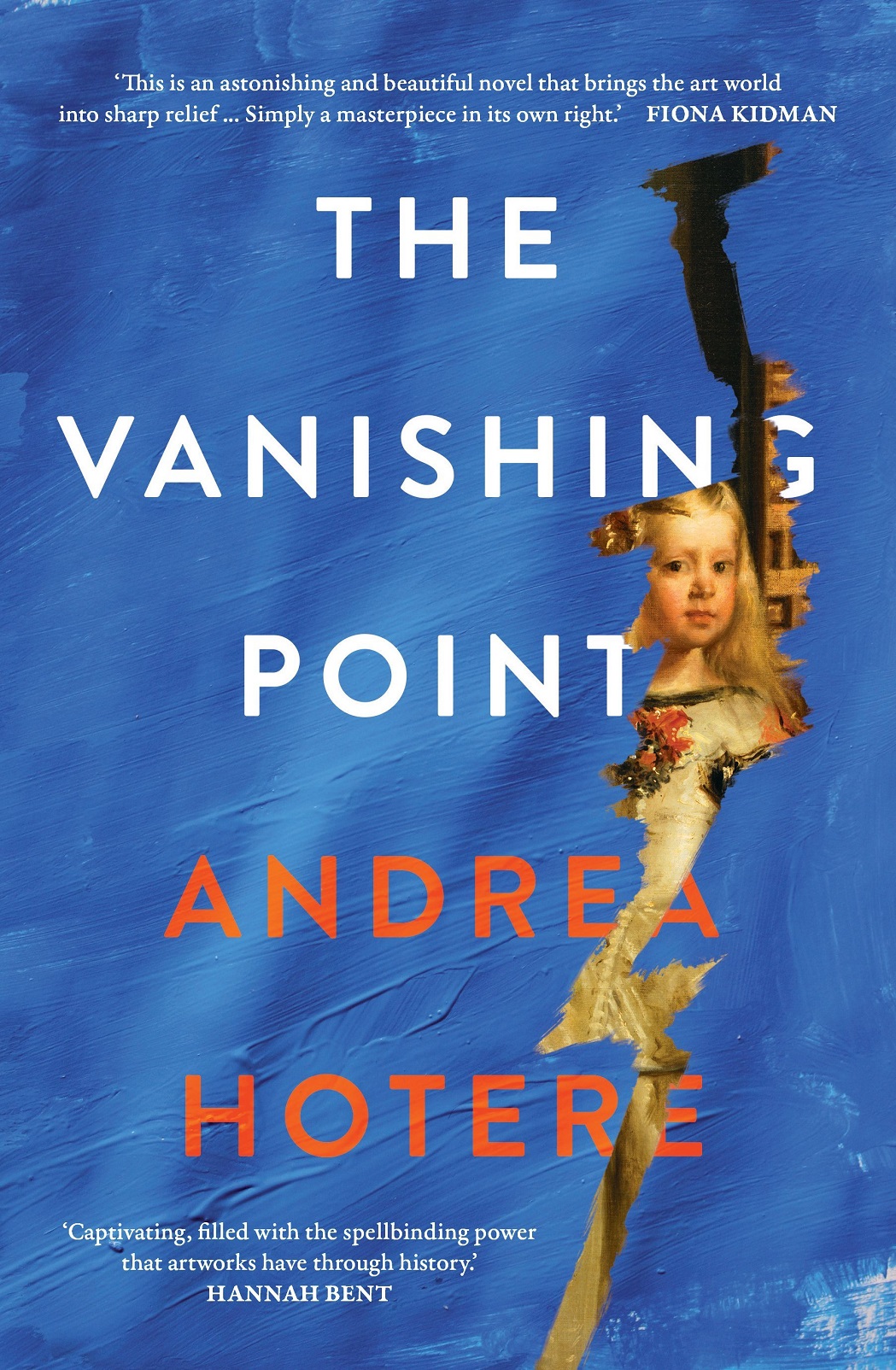
She returns to her home town this month for the Dunedin Writers & Readers Festival, her first as an author.
"I’m honoured. I’ll have family there and Mum will be at the same festival. That will be kind of funny."
Bluff-based McQueen saw part of the book early on. Hotere described her as "pretty restrained" in her comments and both realised writing poetry and novels were different.
Sending her mother the manuscript the first time did leave Hotere on tenterhooks.
"She’s obviously a real literary powerhouse and she has now read the book. She’s definitely been supportive."
However, Hotere felt the need to do the work on her own.
"I’ve appreciated the feedback when she’s given me some."
With her first novel under her belt, Hotere says ideas for two more have already come to her. They are in a similar vein but different.
"I realise I’ve written one book and you think ‘Oh, yay, I know how to do it’ but as they say I’ve learnt how to write that book.
"I think I’ll be quicker next time. They can be all different."
To see:
Andrea Hotere and Susan Paterson, Brushstrokes on Pages: The Intersection of Arts and Fiction, Community Gallery, Dunedin Writers & Readers Festival, October 13-15.


